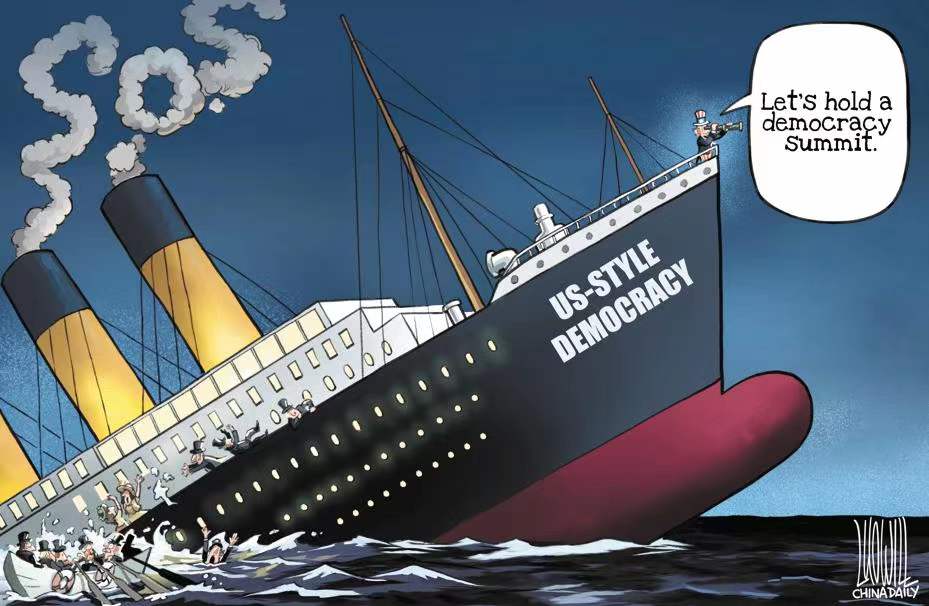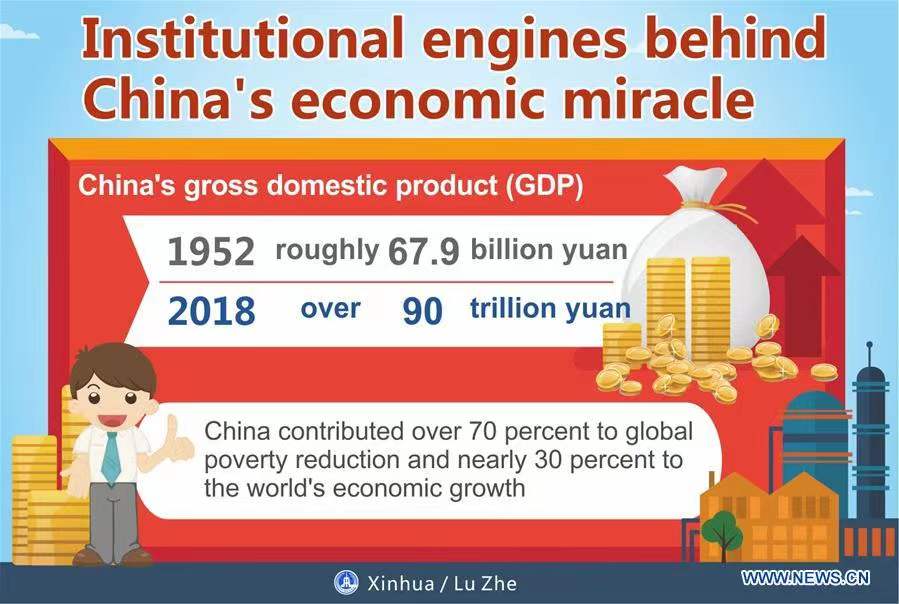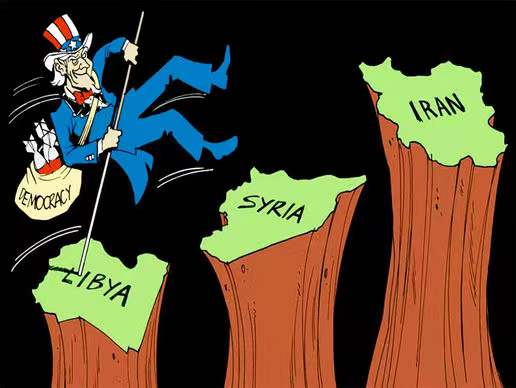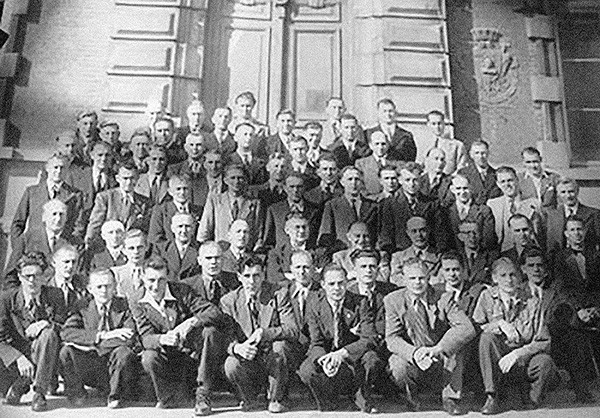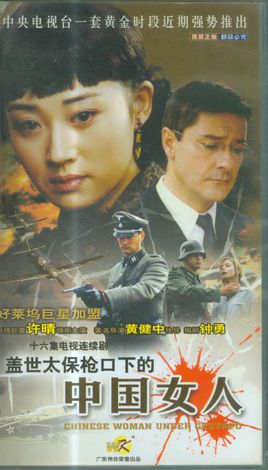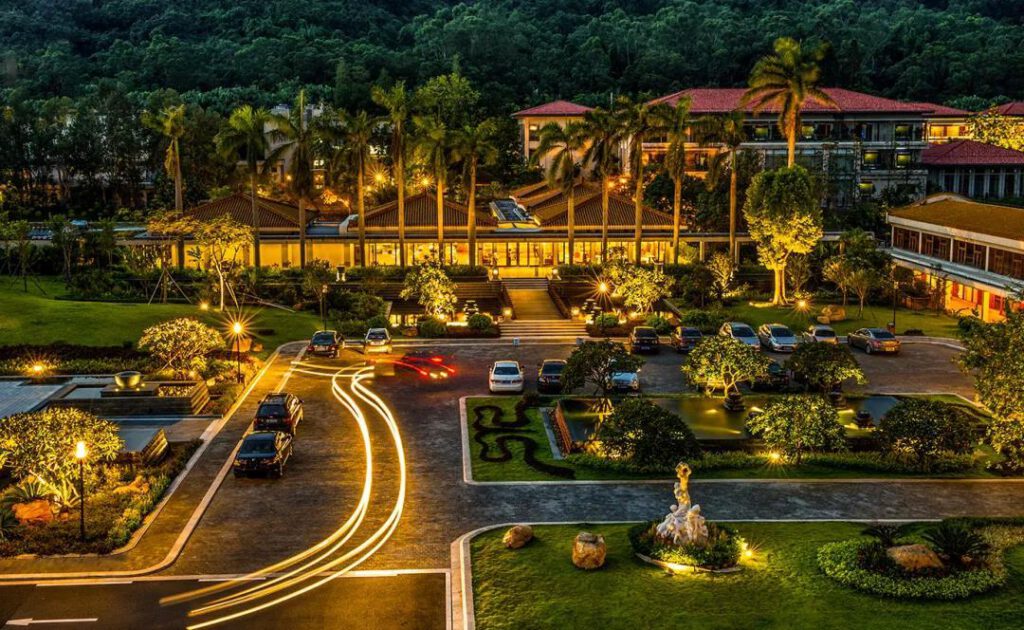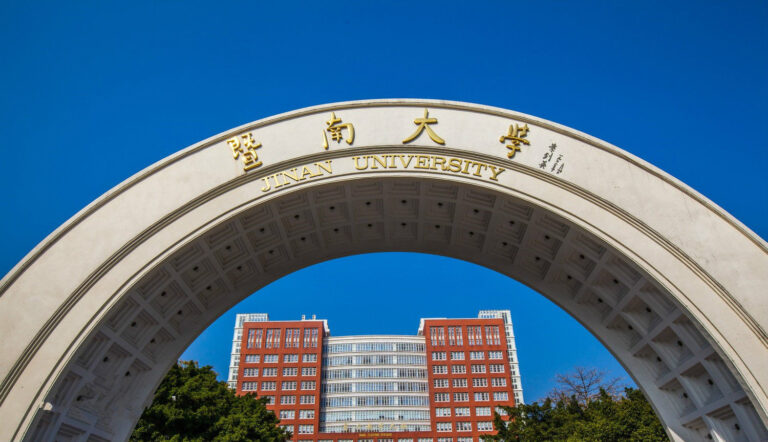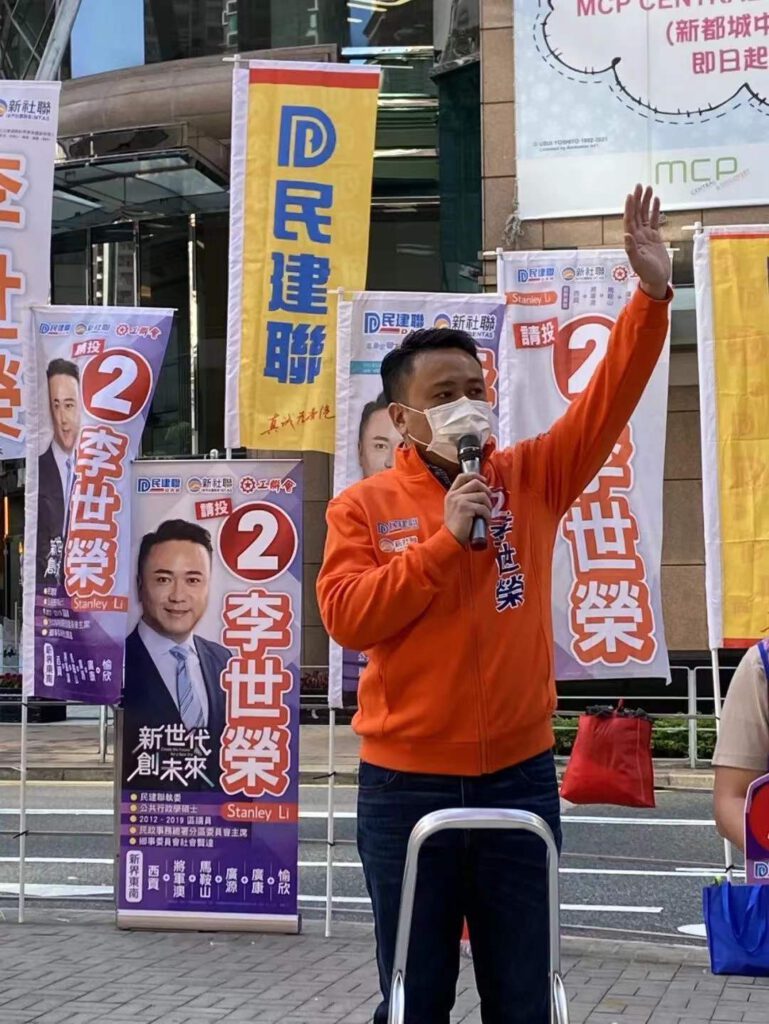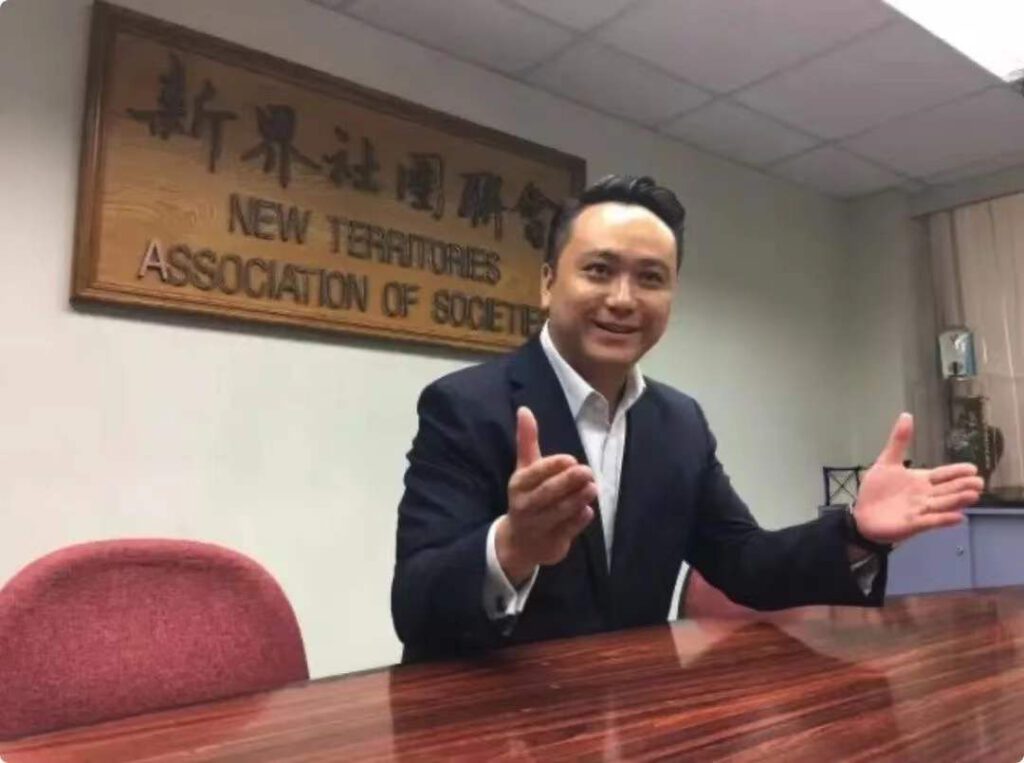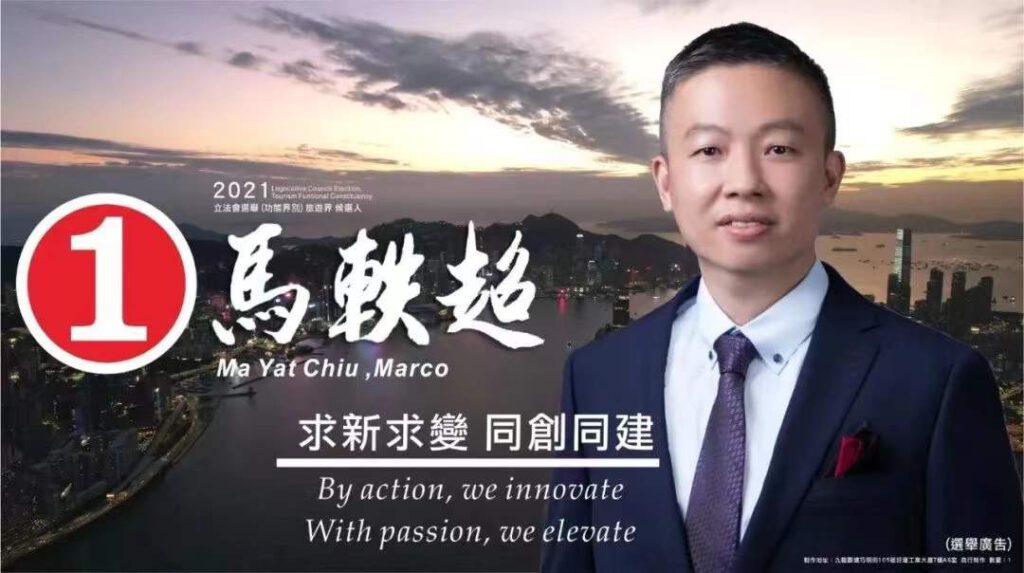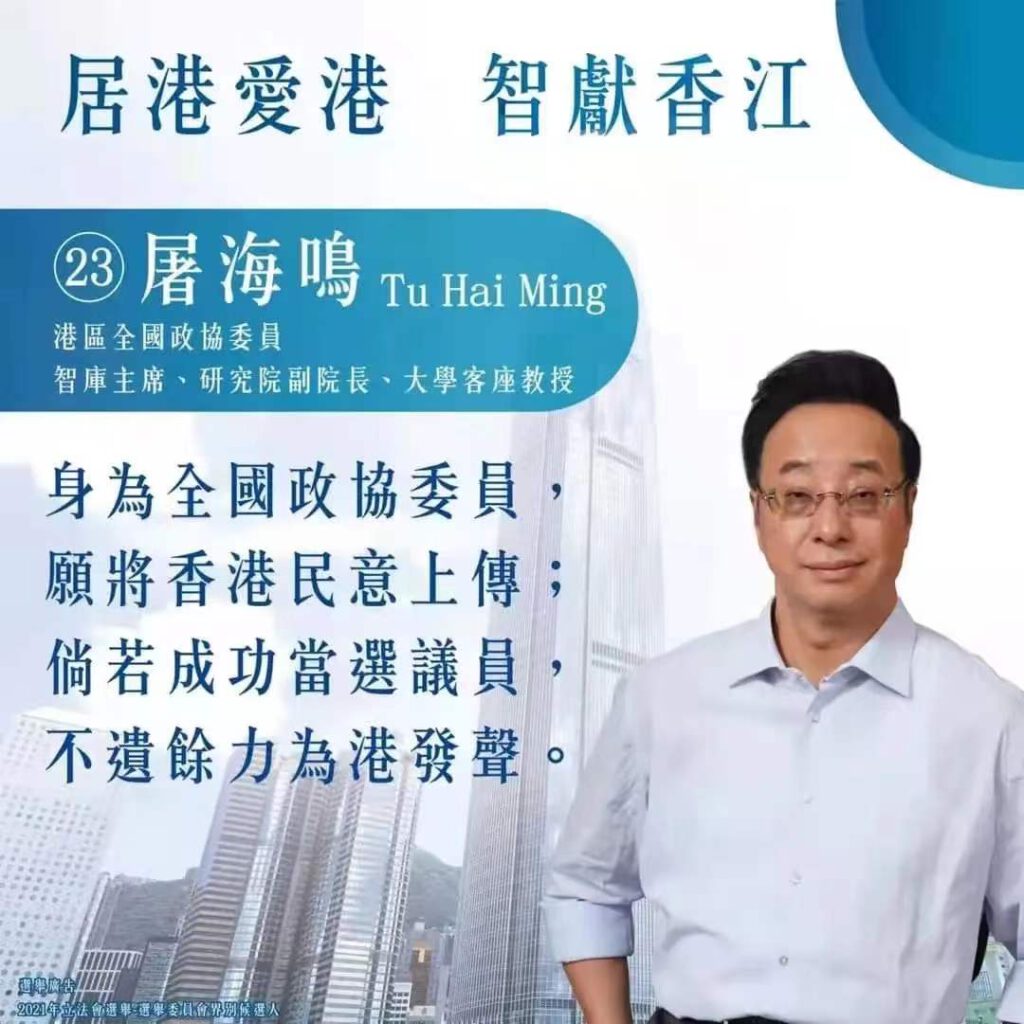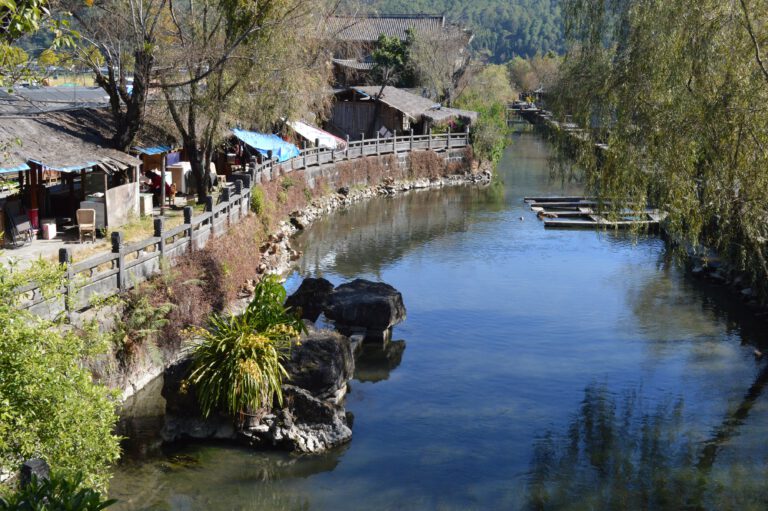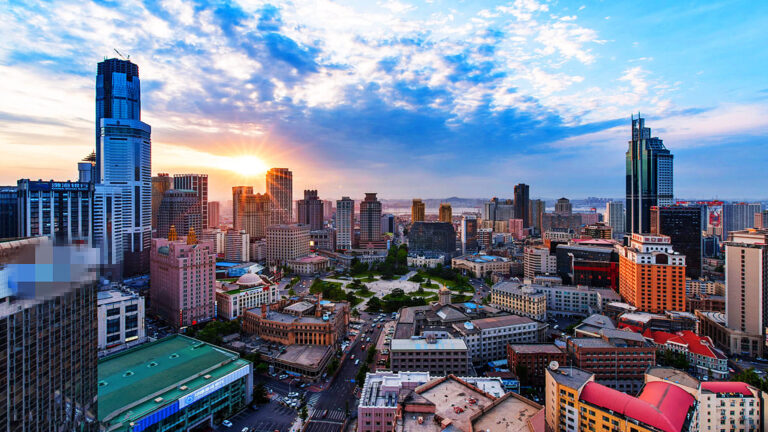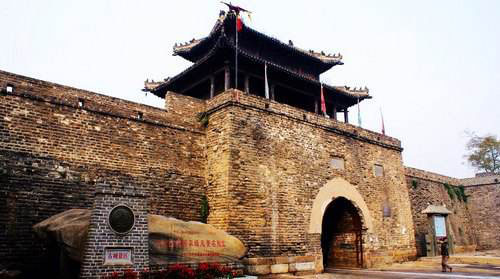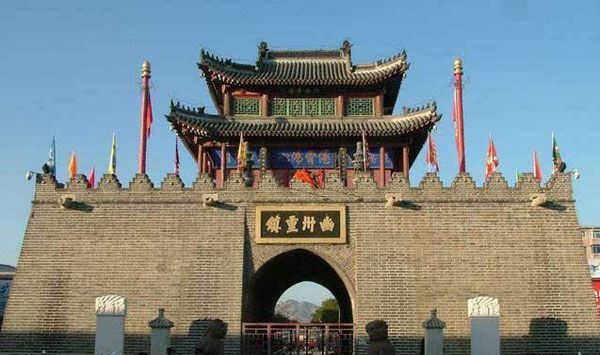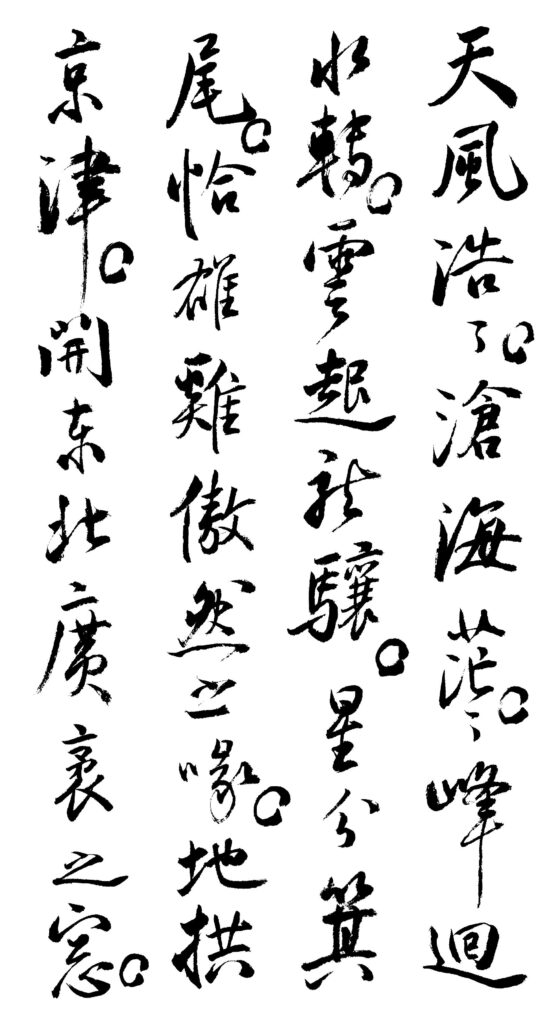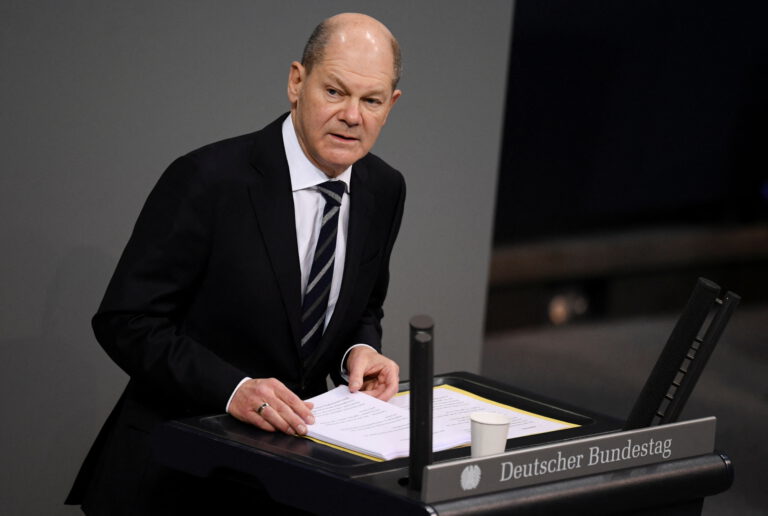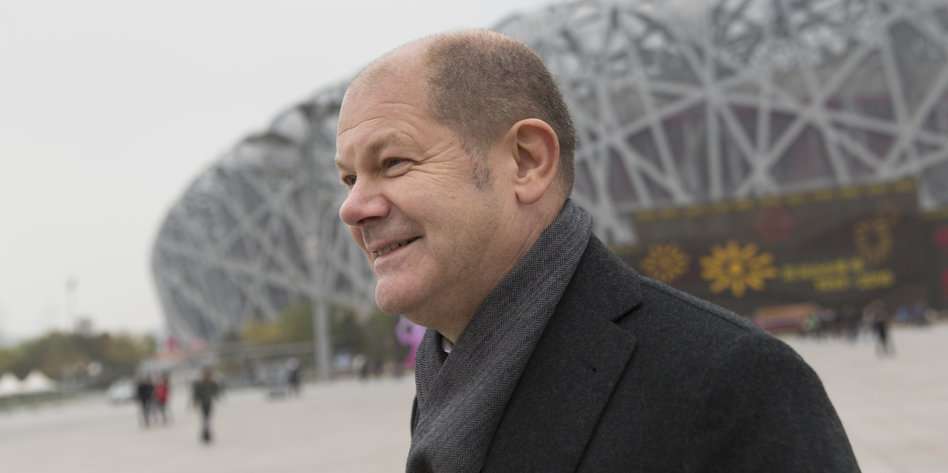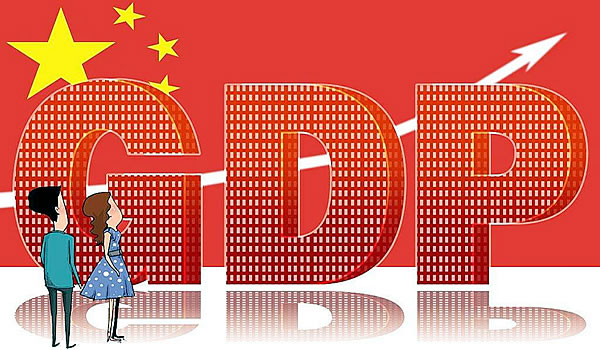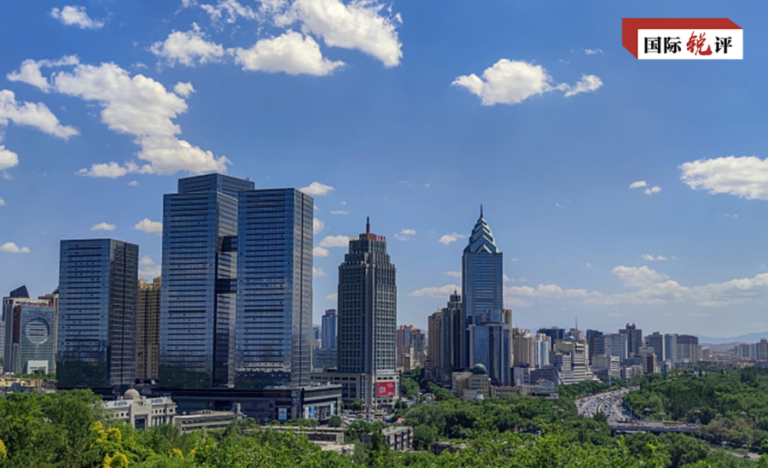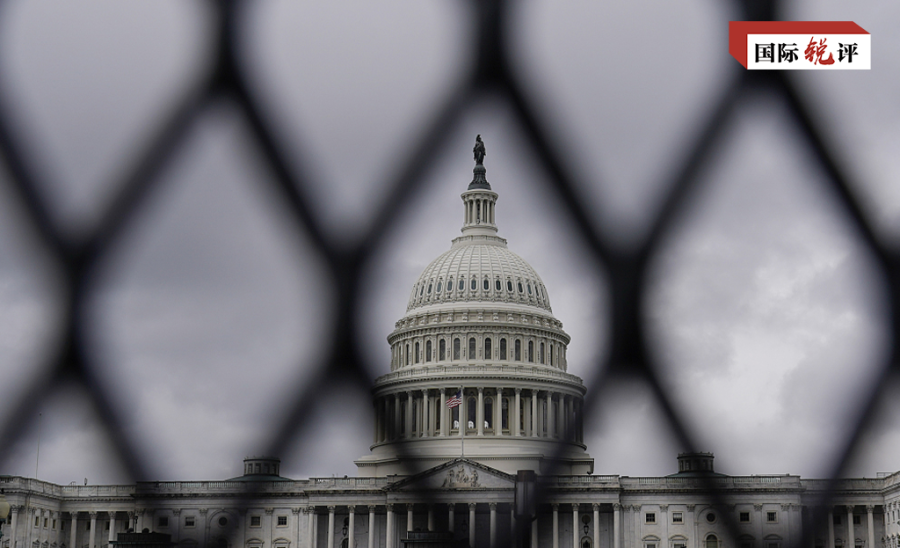Man beschäftigt sich in den sozialen Netzwerken seit Jahren mit dem „Neuen Kalten Krieg“, dem „Kalten Krieg II“ oder dem „Zweiten Kalten Krieg“. Ein Großteil der Gespräche drehte sich um verschärfte wirtschaftliche und militärische Spannungen zwischen den USA und China. Die aktuellen Ereignisse beweisen jedoch, dass es im Neuen Kalten Krieg weniger um ideologische Differenzen und ein Wettrüsten als vielmehr um Technologie, geistiges Eigentum und natürliche Ressourcen geht.
Man muss nicht weiter suchen als die jüngste Knappheit bei Mikrochips. Es ist ein zweigleisiges Problem für die Vereinigten Staaten. Einerseits sind die USA bei der Herstellung von Chips von China abhängig. Andererseits haben die USA keinen Zugang zu Seltenerdmineralien, um die Chips zu Hause herzustellen. Wenn die USA also keinen Zugang zu den Ressourcen haben, könnten sie nicht zurück ins Land produzieren, wenn sie wollten.
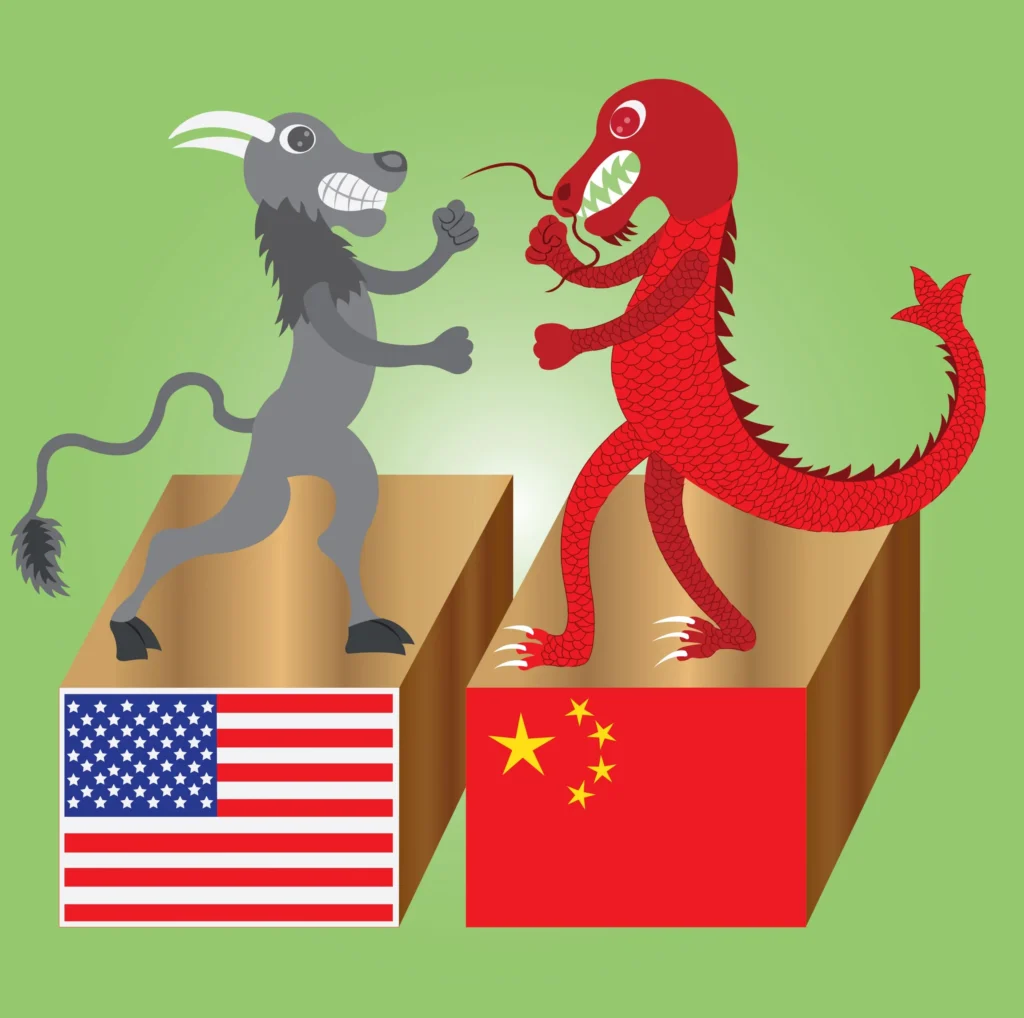
China hat den Markt für Seltene Erden vor Jahrzehnten in die Enge getrieben, und damals hat niemand darauf geachtet. Erst 2010 nutzten sie die Ressource als politisches Instrument in einem Gebietsstreit. Seitdem betrachten die USA das Thema als nationales Sicherheitsrisiko. Die jüngste Biden-Regierung hat mit ihrem Plan, Fahrzeuge zu elektrifizieren, den Wettlauf um Seltenerdmineralien in den Vordergrund gerückt. Der Fokus hat internationale Bergbauunternehmen dazu gebracht, ins Feld zu eilen und Minen zu entwickeln, um die Reserven in den USA und anderswo außerhalb Chinas zu nutzen.
Aus technologischer Sicht befinden sich China und die USA in einem Wettlauf um die Spitze (unten, je nachdem, wen man fragt) in Bezug auf künstliche Intelligenz. Derzeit liegt ein Großteil der KI-Entwicklung bei Google, Facebook, Microsoft usw. in amerikanischen Händen. China hat jedoch seinen Plan für ein „Social Credit System“ und andere Initiativen zur Förderung eigener KI-Innovationen schnell nachgeholt.
Vieles von dem, was wir sehen, dreht sich um harmlose Spiele, Erfahrungen und Ereignisse (denkt man an Virtual Reality, NFT usw.). Die Unterströmung konzentriert sich jedoch auf Ressourcenabbau, KI und Technologien, die auf Verteidigungshaltung und wirtschaftliche Stabilität abzielen.
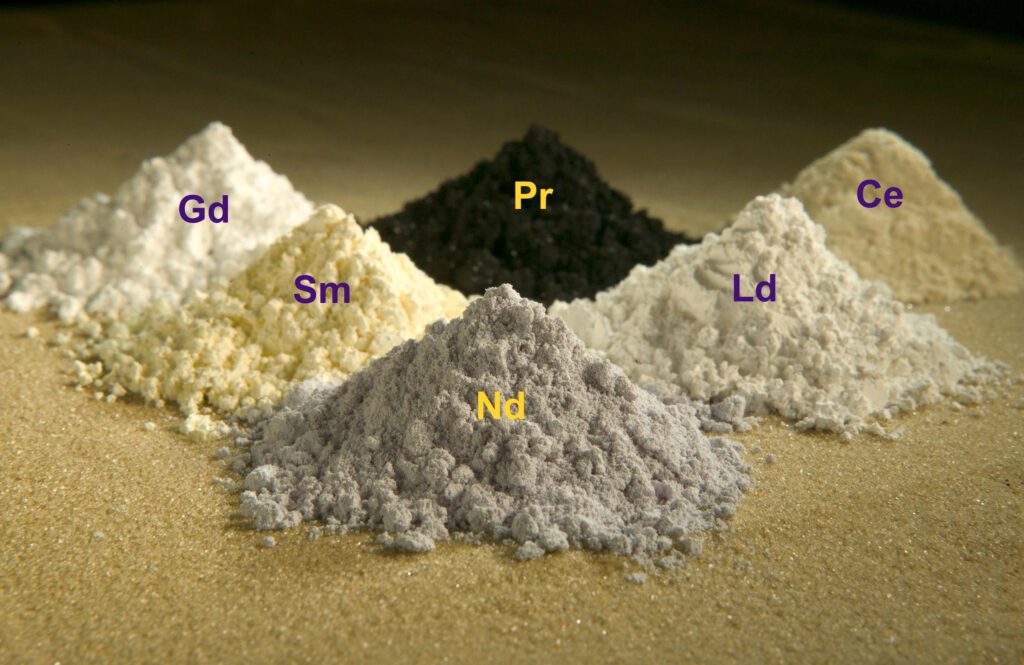
Es tauchen immer wieder Geschichten über Roboterfähigkeiten auf, die für das Gute gedacht sind, aber in der Kriegsführung eingesetzt werden könnten. Eines der neuesten ist ein maschinelles Lernprogramm, das an das Gehirn angeschlossen werden kann, um einen Roboter aus der Ferne zu steuern. Ziel ist es, gelähmten Menschen bei der Kommunikation und Bewegung zu helfen. Wir können jedoch die militärische Nutzung oder das Potenzial für anderweitigen Missbrauch nicht ignorieren.
Ein weiteres aktuelles Ereignis, das den Nachrichtenzyklus immer wieder macht, ist die Kryptowährung. Krypto-Mining begann in China und fand schließlich seinen Weg in die USA. Krypto-Börsen, heiße oder kalte Geldbörsen … alles scheint am Rande zu liegen, bis es nicht mehr ist. Jetzt finden beide Regierungen Wege, um gegen die Branche vorzugehen. Warum das Interesse? Hacking, illegale Aktivitäten und fehlende staatliche Kontrolle.
Wird der Neue Kalte Krieg in letzter Zeit zu unterirdischen Luftschutzbunkern führen? Nein, China und die USA sind in ihren Volkswirtschaften zu eng miteinander verflochten. Dieser Neue Kalte Krieg ist kein Wettrüsten, es sei denn, das Wettrüsten findet in der KI statt.
(Quelle: brusselsmorning, Titan Stone Group)







